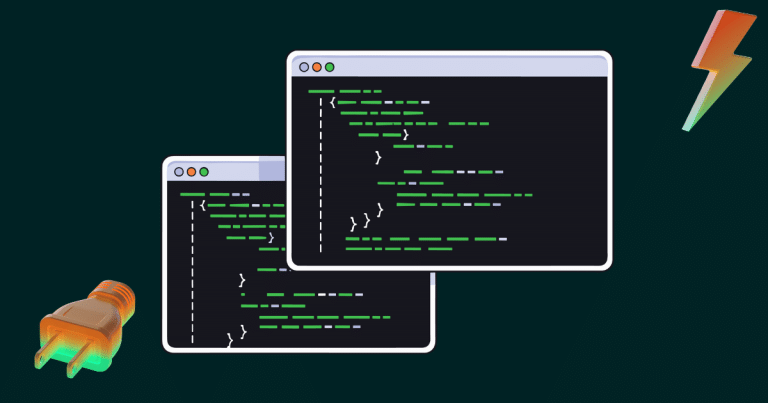Will AI (Finally) Replace Developers? It’s Complicated.

Alex Shershebnev, a veteran software engineer from Zencoder, began his lecture “Will AI (finally) replace developers?” by dismissing the hype. He compared the current AI frenzy to past predictions, like self-driving cars on every street by 2015, which never fully materialized.
The reality, he argued, is somewhere in the middle. He introduced a five-level framework for automation in software development, drawing inspiration from the levels of autonomy in self-driving cars.
Level 1
At Level 1, AI acts as a smart autocomplete. It suggests code snippets and fixes basic syntax errors, offering help that feels familiar. While helpful, it does not understand a company’s unique codebase or specific frameworks.
Level 2
Things get more interesting at Level 2, the “Junior Software Agent” stage. At this level, AI agents can go beyond simple syntax. They interact with compilers, run tests, and use feedback to debug and improve their code. They aren’t perfect, often getting stuck in repetitive loops or “hallucinating” incorrect code.
Level 3
The real power lies in Level 3: Multi-Agent Systems. Multiple AI agents collaborate here to solve complex problems, much like a human team. They can assign tasks, reflect on each other’s work, and provide feedback.
Alex showcased a live demo in which a team of agents—a product manager, front-end developer, back-end developer, and DevOps—worked together to build and deploy a simple conference website. The agents completed a multi-step task with only a five-line prompt from the user.

At the Infobip Shift conference in Zadar, Alex delivered a talk titled “Will AI (Finally) Replace Developers?”
Level 4
Moving on, Level 4 involves Production-Ready Agents. These agents integrate seamlessly across the entire software development lifecycle — from writing code to managing deployments and continuous integration. The human developer’s role shifts from writing every line of code to supervising and managing these agents.
Level 5
At Level 5, we find Full Autonomy. At this theoretical level, the AI is entirely self-sufficient. A developer would simply give a high-level command like “Build me a social media platform,” and the AI would handle every process step.
While this level is still a ways off, Alex noted that the rapid pace of AI development suggests it’s no longer a far-off dream.
Developers with AI will Replace Developers without AI
The core message is clear: developers won’t be replaced by AI, but by other developers who know how to use AI. The future of software development isn’t a human-versus-machine battle but a new kind of collaboration.
The developer’s role will evolve from hands-on coder to project manager or “orchestrator” of an army of AI agents. Instead of spending hours on repetitive tasks, developers can focus on higher-level problem-solving, system architecture, and complex challenges that require a human touch. This shift mirrors historical industrial transformations.
The invention of the car didn’t eliminate all jobs in transportation — it created new ones like car manufacturing and maintenance. Similarly, AI will transform development. We’ll still need developers to design, debug, and manage these systems, but the nature of the work will change.
Alex ended on a hopeful note, suggesting that if all else fails, one job remains that AI can’t do: creating the data it needs to learn. This humorous yet poignant reminder emphasizes that for all its power, AI remains a tool that requires human input and guidance.
Want to know what else was discussed at Infobip Shift at Zadar in 2025? Find out here!




